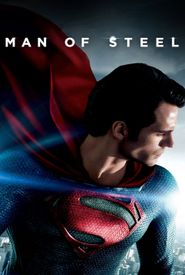Joe Shuster was born in Toronto, Ontario, Canada, and at the tender age of nine, his family made the significant move to Cleveland, Ohio, where he would meet and form a lasting friendship with his future partner Jerome "Jerry" Siegel. Both young men shared a passion for science fiction and went on to publish a fanzine in the mid-1920s, which would eventually serve as a catalyst for their most iconic creation.
It was during this period that they were deeply influenced by Philip Wylie's book, "Gladiator", which told the tale of a mysterious character possessing superpowers and invulnerability. Shuster and Siegel's initial concept featured a super-powered villain, but they soon transformed him into a heroic figure. In 1936, they attempted to adapt their character into a daily comic strip, but unfortunately, their efforts were unsuccessful.
Undeterred, the duo secured jobs at DC-National (now DC Comics),where they worked on various titles, including Doctor Occult, Slam Bradley, and Radio Squad. Their big break came in 1939 when DC editor Sheldon Meyer decided to give them a chance, publishing their character Superman in a new comic title, "Action Comics". Superman's instant success led to the creation of his own eponymous title within a year, and subsequently, he became a ubiquitous figure in virtually every type of media.
Shuster and Siegel continued to work on Superman for many years, but their resentment grew as they realized the significant profits DC-National was making off their character. Due to the practice at the time, the creators had signed away all rights to the character to the publisher. In 1946, Shuster and Siegel sued DC for a share of the rights to Superman, but their case dragged on until 1948, when they settled for royalties only on the Superboy character. They were also required to sign away any future claims to the Superman character.
The bitter experience led Shuster to leave the comics field, and he remained disenchanted for the rest of his life. However, in 1975, after the Superman movie sparked renewed interest in the character, Shuster and Siegel once again sued DC for recognition and royalties. DC, under the guidance of publisher/editor Carmine Infantino, reinstated Siegel and Shuster's names on the masthead as creators and awarded them an annual stipend of $35,000.




























































































